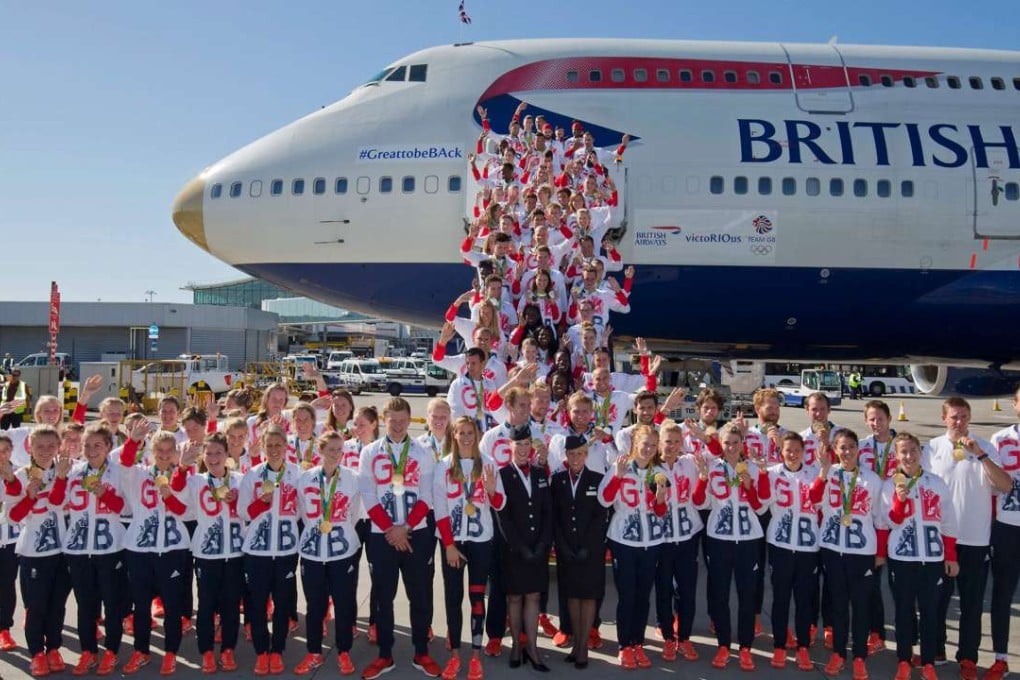Opinion | Success breeds success for Great Britain after investment pays off with historic Olympic Games medal haul in Rio de Janeiro
Hong Kong Football Association chief executive Mark Sutcliffe looks at how Great Britain went from Eddie “The Eagle” Edwards in 1988 to finishing above China’s in the medal table in Brazil

As a young child in the late 1960s and early 1970s I instinctively knew that sporting success was part of Great Britain’s heritage and culture. It was ingrained.
With, what in retrospect seems like arrogance, we believed we had ‘invented’ most sports and had a right to be good at them. Well, we had just won the football World Cup.
Millions of boys were just like me – we all wanted to be the next Bobby Moore, Bobby Charlton or in my brother’s case Geoffrey Boycott. But towards the end of the 1970s and into the 1980s there was a change of culture.
The liberal-minded people in charge of education decided that competition was bad, because not everyone was capable of winning. Winning was suddenly bad apparently.

In a short space of time, we went from world beaters to a nation of heroic failures, personified perfectly by ski-jumper ‘Eddie the Eagle’ in 1988. The slide was brought into sharp focus at the 1996 Atlanta Olympic Games when Great Britain finished 36th in the medal table, with just one gold and a mere nine medals in total.
